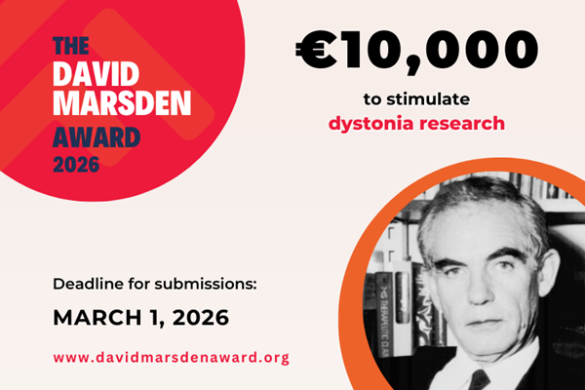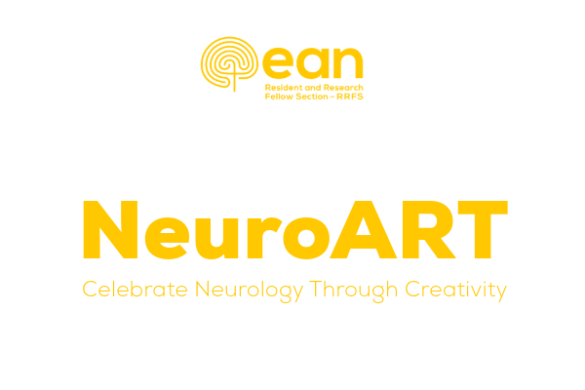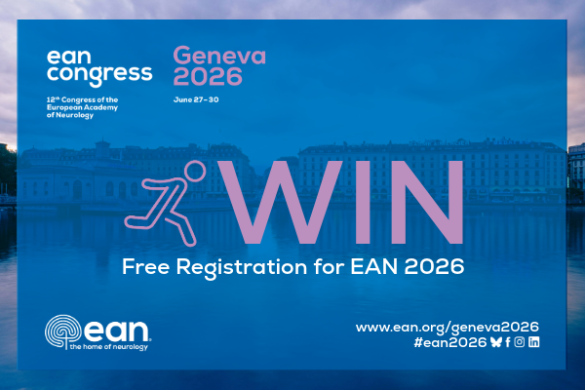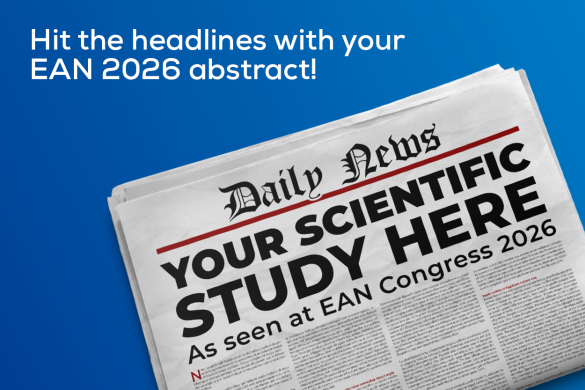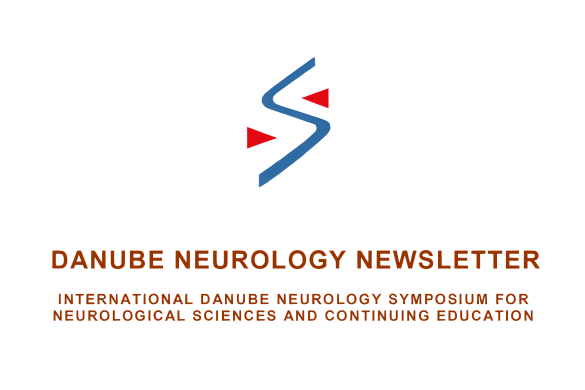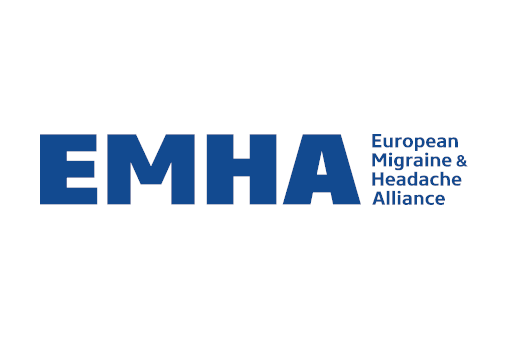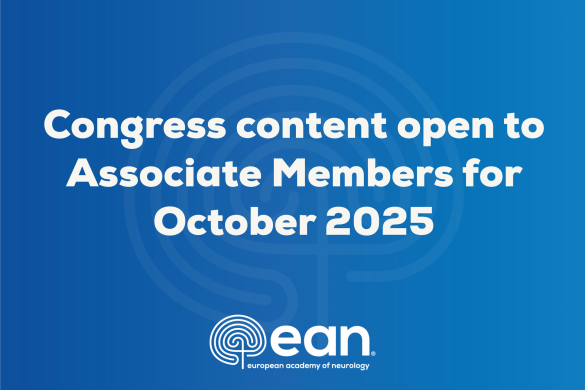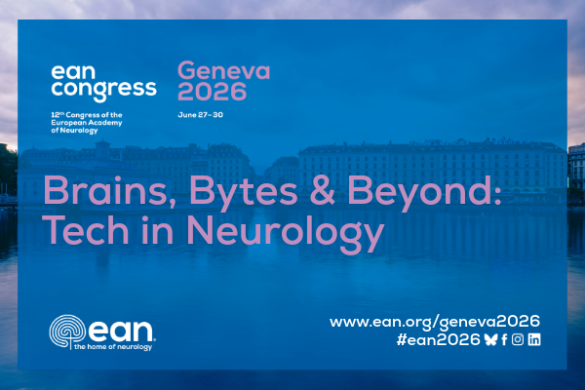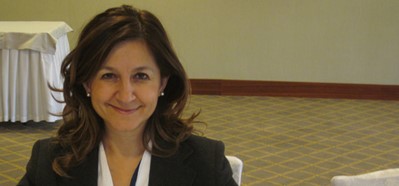
Prof. Berna Arda (MD, MedSpec, PhD)
Ankara University Faculty of Medicine
Ankara – TURKEY
ORCID: 0000-0003-2043-2444
The session I will not miss at the 7th Congress of the EAN and I’ll think on why arising the bioethical problems based AI technology and learn basic ethico legal frame.
Obviously, our profession, medicine is one of the oldest ones and will be affected by AI. This session is an opportunity to think about ethic- legal aspects of artificial intelligence in neurocritical care.
Title of the Session: From precision medicine to the use of artificial intelligence AI in neurointensive care.
Day, date and time of session: 6/19/2021, from 8:00 AM to 9:30:00 AM in Room Copenhagen.
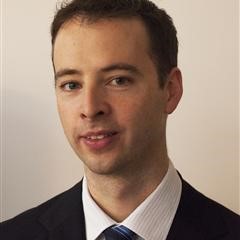
Name: Hugh Kearney
Task within EAN or at the congress: Invited lecture on precision medicine in rare neurological disorders
City, country: Dublin, Ireland
Title of the Session: Chrononeurology – rhythmicity in neurological disorders
Day, date and time of session: Monday,21 June 2021 – 15:00 – 17:00
Having read Mathew Walker’s book on Why we Sleep, I am intrigued to understand the relationship that we observe clinically between a disordered sleep pattern and a number of different brain diseases. An improved understanding of this relationship may have the potential to detect a number of brain diseases at an early or presymptomatic stage with the enticing possibility of preventative medicine.
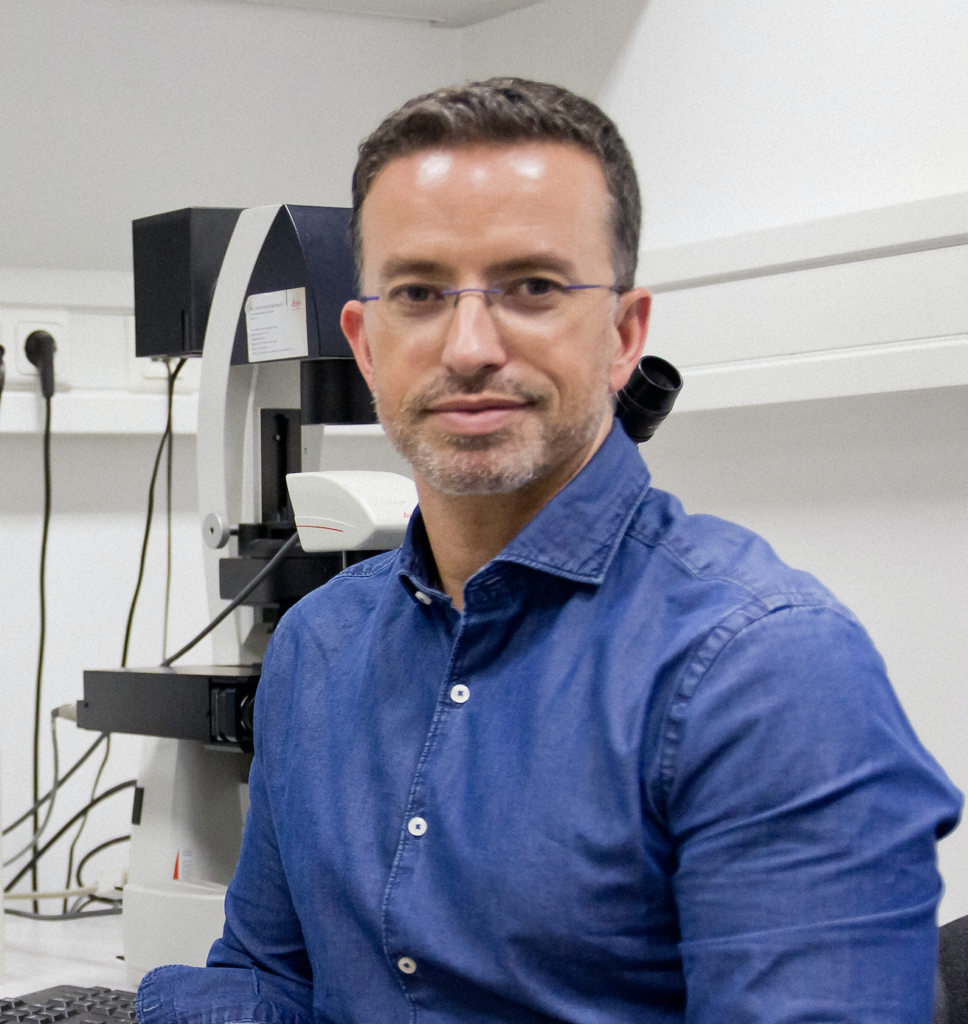
Name: Tiago Outeiro
Task within EAN or at the congress: Speaker
City, country: Goettingen, Germany
Title of the Session: FW10 EAN/MDS-ES: Experimental therapies for rare movement disorders
Day, date and time of session: Sunday, June 20, 08:00am
The EAN congress offers several sessions I do not want to miss. We are living exciting times when the pace of discoveries and advances is faster than our ability to integrate and interpret their precise meaning. Large data sets of molecular information, novel genome editing tools, and better molecules for targets of interest enable us to formulate and test novel hypothesis. In this context, I really want to learn about the latest experimental therapies being tested. If these prove successful, they will certainly form the basis for other neurological conditions affecting larger groups of patients. Successes will be game changers, but failures will also be informative. The rare movement disorders that will be discussed in this session (Huntington’s disease, MSA, and PSP), are perhaps more homogeneous and, therefore, are among those with greater chances for success, so I do not want to miss this session by leading experts in the field.

Name: Isabel Pavão Martins
Task within EAN or at the congress: Higher Nervous Functions panel
City, country: Lisbon, Portugal
Title of the Session: Symp 8.The next revolution for neurotherapy? Navigated Transcranial ultrasound
Day, date and time of session: 21 June 15-17:00
This is a new non-invasive method to treat neurological disorders. It may be very useful for patients and disorders that do not respond to pharmacologic interventions.

Name: Ulrike Schara-Schmidt
Task within EAN or at the congress: Invited Speaker – Transition from pediatric to adult care: Treatment for rare diseases the adult neurologist needs to know about.
City, country: Essen, Germany
Title of the Session: Presidential Symposium on Sunday
Day, date and time of session: Sunday, 20.6.2021, 10 to 12 am
For me as a Pediatric Neurologist I am interested in current developments in Neurology. In this symposium I hope to hear about these topics as far as the preliminary program can offer information.
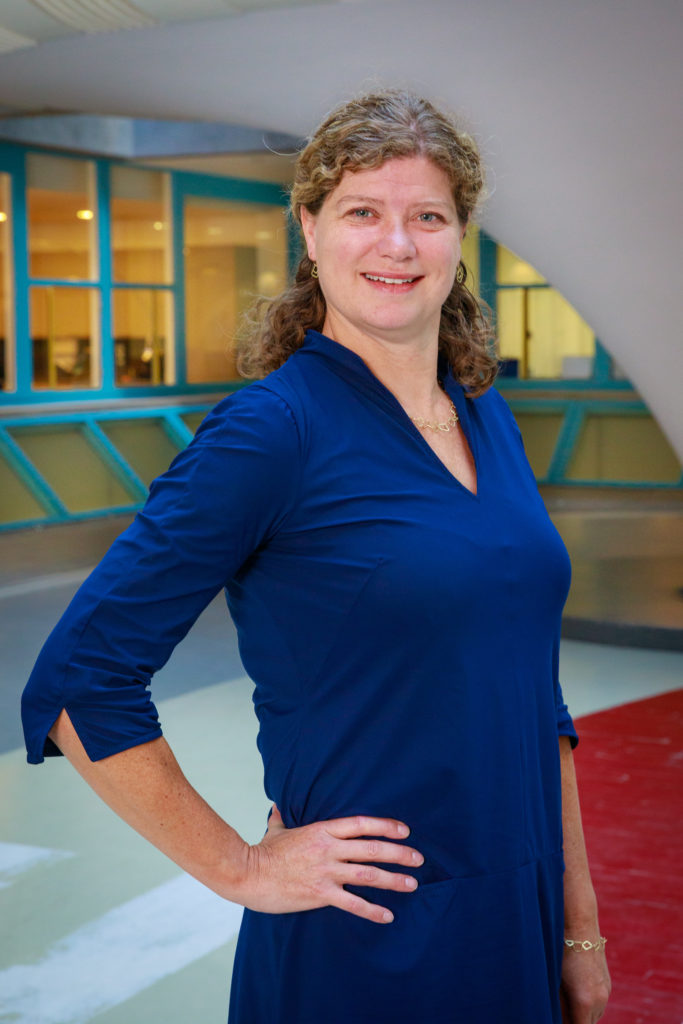
Name: Theunissen Charlotte
Task within EAN or at the congress: Invited Speaker
City, country: Amsterdam, The Netherlands
Title of the Session: Chrononeurology – rhythmicity in neurological disorders
Day, date and time of session: Monday, 21 June 2021 15:00 – 17:00, Room Berlin Symposium 10
I am intrigued by rhythmicity and the biology of sleep. The role of these in neurological function are still enigmatic. It is conceivable that they play a relevant role in diseases, not the least because we spend such a large portion of our lives, being healthy of disease, sleeping. This session will give me an opportunity to hear the state of the art on this subject, from different perspectives. In my expert-area, body fluid biomarkers, we only start to pay attention to circadian rhythmicity. Body fluid research can provide insight into the rhythmicity, due to the dynamic turn-over of the body fluids during the day. In addition, we need to understand if biomarkers that we study for neurological diseases are subject to strong circadian changes and if these dynamics affect their levels and thus interpretation. I expect to gain insight and inspiration through this session to design our research addressing this topic.





